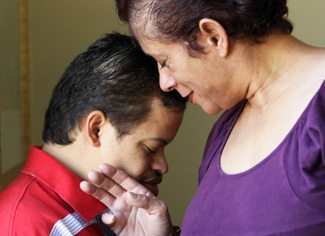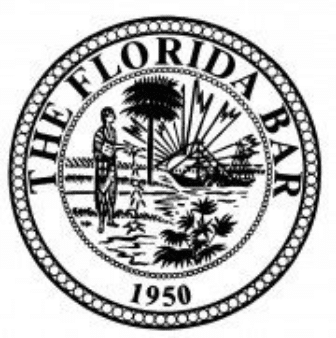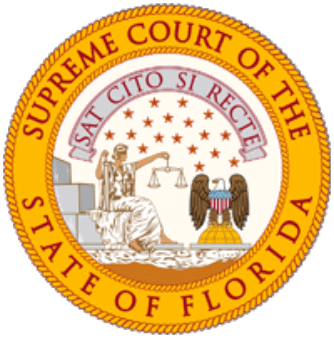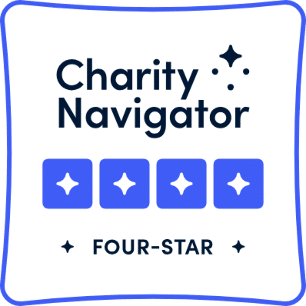by Gabrielle Davis

Even with an attorney by her side, Maria Perkins was gripped by fear as she stood before the judge.
Although she had made every decision for her son Mark
Morrison since he was born with Down syndrome, suddenly she had to petition a Seminole County judge for guardianship of her developmentally disabled son.
That’s because the day he turned 18, he was considered an adult, according to Florida law.
Legally, all rights Perkins had to make choices for her son’s welfare — like making medical decisions on his behalf — were null and void unless she became his court-approved guardian.
“I was terrified,” Perkins said.
When Perkins applied to be Mark’s guardian six years ago, those seeking guardianship of the developmentally disabled had to have an attorney.
Luckily, she qualified for legal aid.
But now that parents requesting guardianship can represent themselves, Perkins worries that they will be unable to navigate the court system on their own.
Recognizing the potential problem, the Seminole County Bar Association Legal Aid Society (SCBALAS), with support from The Florida Bar Foundation, took action.
Using a portion of its 2010-11 Florida Bar Foundation general support grant of $93,197, SCBALAS established the Disabled Children Advocacy Project, which offers a comprehensive guide with the necessary pro se forms to assist local families seeking guardianship of children suffering disabilities mental retardation, cerebral palsy, autism, spina bifida, and Prader-Willi Syndrome.
The project is putting the Foundation’s mission — to provide greater access to justice — into action, said Silvia McLain, the legal aid society’s executive director.
Many families with disabled children are already struggling financially, and hiring a private attorney, which could cost thousands of dollars, is not an option, said Seminole County attorney Robert McIntosh, who specializes in probate and guardianship. McIntosh said some confused parents simply don’t go through with the guardianship process, which could pose many problems, especially in medical emergencies.
“A natural parent [of an adult] doesn’t have the legal rights to make medical decisions,” McIntosh said.
The new guide includes forms to apply for guardianship, the letters needed and the form for the Initial Plan of the Guardian Advocate, which outlines the medical and social needs of the developmentally disabled person.
A committee — made up of McLain, McIntosh, University of Miami law student Erika Kane and 18th Judicial Circuit Court judges John Galluzzo and Kenneth Lester Jr. — developed the guide and forms, which are now available on the 18th Judicial Circuit Court website.
Seminole County Public Schools has agreed to provide the new guide to families of disabled children.
Still, Perkins fears many parents will remain in the dark until the last minute.
“Parents with special needs children need to be educated,” Perkins said. “I think parents need to know that there will come a time when they have to apply.”
SCBALAS is now using a separate grant to reach out to programs that assist Seminole County’s developmentally disabled.
“What I like about this project is that it was a collaborative effort, ” McLain said. “We joined forces to help someone who really is vulnerable, which is the disabled adult.”




